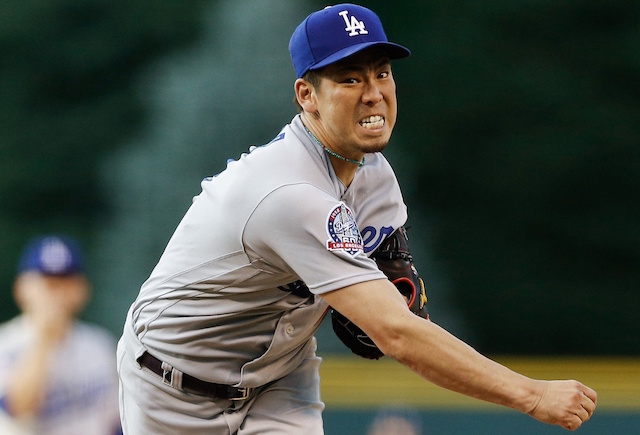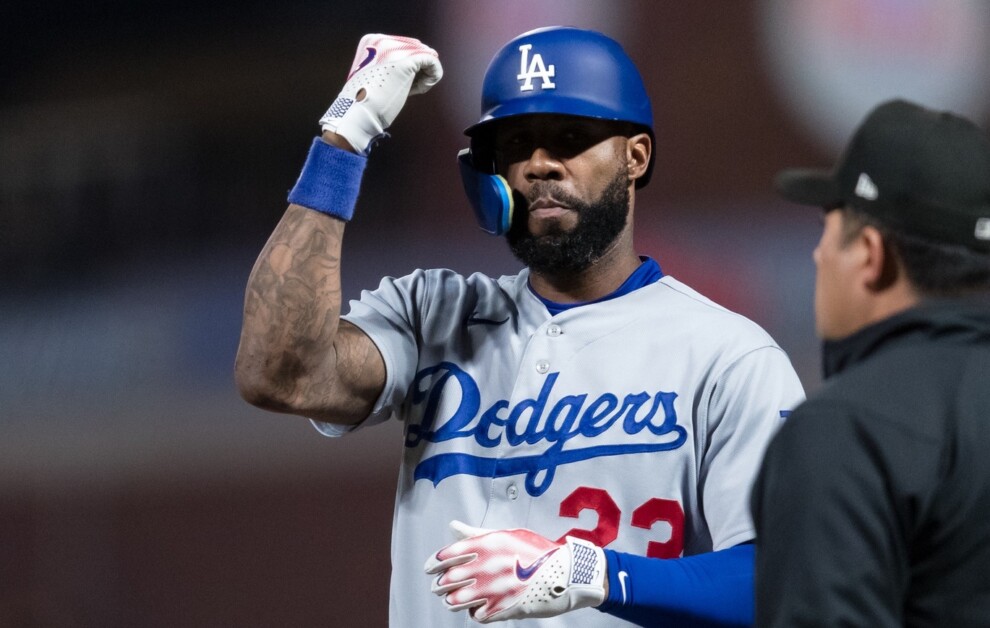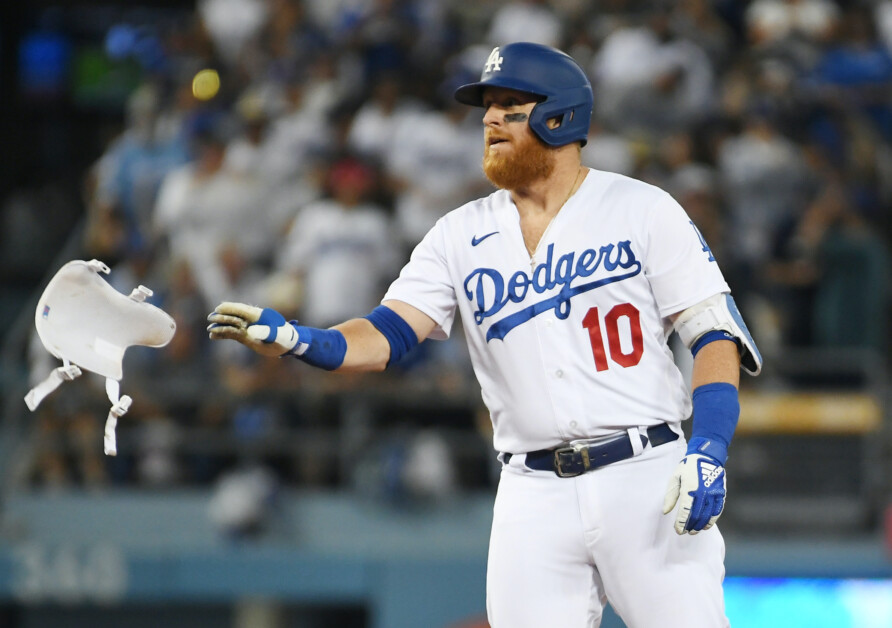When Kenley Jansen was potentially due to miss an estimated one month while receiving treatment for an irregular heartbeat, the Los Angeles Dodgers reconstructed their bullpen to accommodate his absence.
Among the notable was moving starting pitchers Kenta Maeda and Ross Stripling to the bullpen. Taking their spots in the rotation were left-handers Hyun-Jin Ryu and Alex Wood, as they each returned from the 10-day disabled list during that time.
Unlike the plan for Stripling, Maeda is expected to remain in the bullpen for the rest of the season. The right-hander looks to recapture the success he enjoyed during the Dodgers’ 2017 World Series run, when he allowed only one run in 10.2 innings (three postseasons series).
Despite his success as a reliever on a national stage, Maeda wound up reprising his role in the club’s starting rotation for the 2018 season.
That almost wasn’t the case, however, as Dodgers officials pondered the idea of moving Maeda to the bullpen on a permanent basis over the offseason. That would’ve come to fruition if the club managed to successfully re-sign Yu Darvish, per Andy McCullough of the L.A. Times:
For example: While considering re-signing Yu Darvish, the Dodgers thought about converting Maeda to relief full-time. One exec described it as "the evil option" because it would deprive Maeda of money and piss him off — but make team better.
— Andy McCullough (@McCulloughTimes) August 12, 2018
Darvish, of course, departed Los Angeles and signed a six-year contract with the Chicago Cubs instead. The Dodgers, facing luxury tax restraints, would have needed to be creative in order to retain his services.
As the anonymous executive points out, such a move would have had financial repercussions for Maeda this season. The 30-year-old, with an average annual salary at just over $3 million, is dependent on incentives that trigger at certain thresholds for starts and innings pitched.
A transition to the bullpen would have cost Maeda the opportunity in reaching those figures, unless both parties agreed to rework his contract. To Maeda’s credit, he’s been willing to assume any role asked of him but does have a desire to start, independent of contract incentives.








